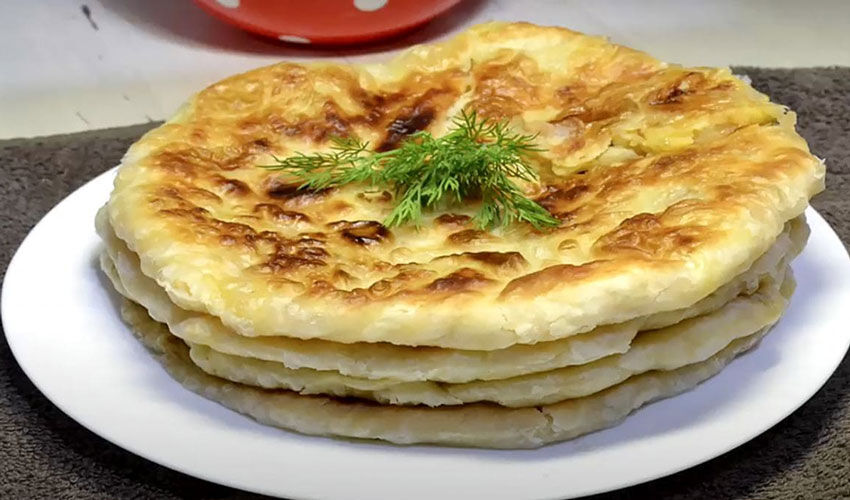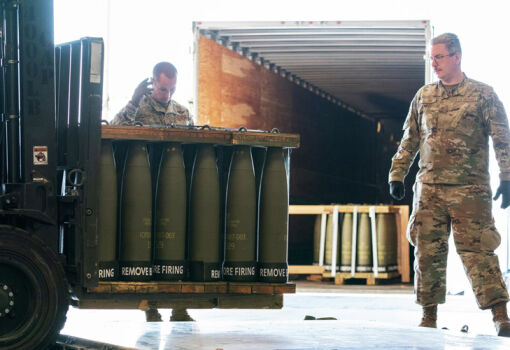
Victor Nistorica, manager of Bardar Bakery, which produces more than 40 types of products, with a third of the volumes exported, said.
“We are making ambitious plans for the country’s development, GDP growth and business expansion. But when it comes to value-added products that are prepared manually, labor costs and the length of the process are very important. We have not yet found a machine for automatic preparation of placindas. However, I am not upset – this is what sets us apart,” Nistorica shared.
According to him, the acuteness of staff shortage sometimes takes unexpected forms: “It came to the point that traditional Moldovan platsindas, fried in a pan, were made by people from Africa, and baked and fried by people from India, and then exported to France. But at least the packaging said “Made in Moldova”.
As a solution to the problem with personnel, he mentioned dual education, which allows attracting specialists and training them directly at the production site.
It should be noted that this year, the Ministry of Education and Research increased the number of budgetary places for dual vocational education by 238 – up to 2134 places. Students under this system can study and work at the same time. They receive free meals, a monthly stipend from 600 to 800 lei (depending on the specialty), as well as a salary not lower than the minimum wage in the economy. They are also provided with housing, but they pay for it themselves. In addition, for the first time there are budget places for dual education in higher education institutions.













